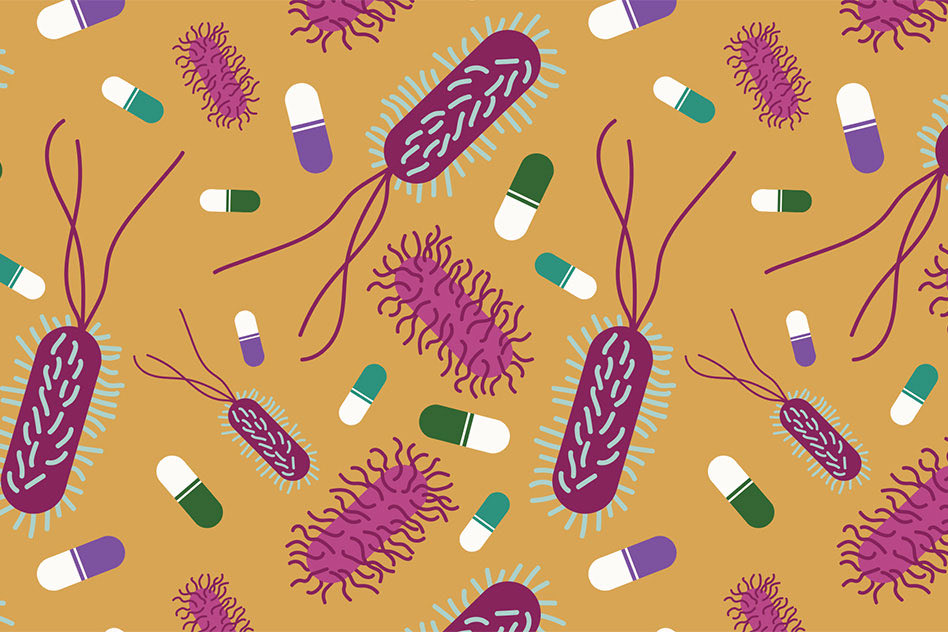
Some think patents stand in way of making more vaccines. They don’t. Skill & money do. Just as most of us couldn’t replicate Mona Lisa (no IP there), few can make advanced vaccines. Vaccine companies have already partnered w/ all skilled producers they could find to make doses. 

The reason they have already liberally partnered is b/c incentives were there to do so & competition among companies spurred them to get to market first. All those big contracts offered enough reward that innovators shared their knowledge & reward w/ manufacturing partners.
Anyone who didn’t partner with others to expand manufacturing knew that other companies would to sell more doses first, shrinking market for others (especially since wasn’t always evident there would be a long term booster market for laggards).
So competition among vaccine innovators required collaboration to expand production and rewards were high enough to hire all capable people in the world to work on this. The market worked. But there are only so many vaccine experts. So it’s not patents holding back production.
Besides skill, remember that it takes money to build more production capability. So even if a company in Bangladesh thought it could make vaccines & just ignored patents, investors wouldn’t give it money unless they knew there would be a return.
So Bangladesh or some funding body (GAVI) would need to promise to buy vaccines at a high enough price to guarantee that there would be a return. Or maybe idea is that governments would fund production by government-run plants to get doses at cost (no profit).
But seriously... no government has that skill. They contract with private sector. Soviet Union is long gone. So all government needs is money with which to incentivize the private sector, which then competes for the reward. That’s what we’ve seen happen.
So all those producers are looking for contracts that will make it ever so slightly better than breakeven to make more vaccines. Yet what we see is that some countries suffer tens of billions of damage from pandemic but can’t pay a fraction of that for vaccines.
So GAVI, a non-profit that buys vaccines on behalf of poor countries, does it for them. That’s good. Those poor countries may lack the budgets or leadership to buy vaccines, and yet it’s still good for the world to vaccinate their populations.
So it’s not patents that could stand in the way of there being enough doses for everyone instantly. It’s the limited global supply of skill and the funds to cover even the marginal cost of production of those doses.
I actually think that even if GAVI runs out of money before the poorest several billion people on earth get a vaccine, the companies that make these vaccines will donate doses.
The pharma industry has long given away free or discounted drug to patients in need. Wasn’t always the case but it’s become much more common. To save the world, they won’t let patients go without vaccines, though that’s not something to take advantage of.
The world should have a sense of priorities & recognize vaccines are restoring trillions of lost productivity and therefore are well worth tens of billions. Collectively, vaccines are readily affordable & industry should always know there is reward in serving the world’s needs.
So now that we know we need boosters for years to come & we do need better vaccines (eg better tolerated ones, one shot combos w/ flu vaccines, etc), we’ll want to ensure that industry knows there will be a reward for those advances.
Waiving patents means that all the partner companies that innovators taught to make their vaccines might say “I’ll wait to see how you make it better and then copy it instantly”. So no one will invest in improvements.
So waiving patents won’t get you any more doses to end the pandemic but it will leave it stuck with vaccines no better than the ones we have. And investors will know that biomedical patents are optional in the eyes of governments & turn to other technology sectors.
Consider that even polio vaccine production was covered by patents. The inventor, Salk, wasn’t able to secure patent (he tried) so claimed to be happy to have “given away” the vaccine to the world, but companies that invested in scaling production had patents for their methods.
Without patents, many ideas would remain ideas, and ideas don’t save lives. But the idea of waiving patents could very well cost the world dearly.
• • •
Missing some Tweet in this thread? You can try to
force a refresh




